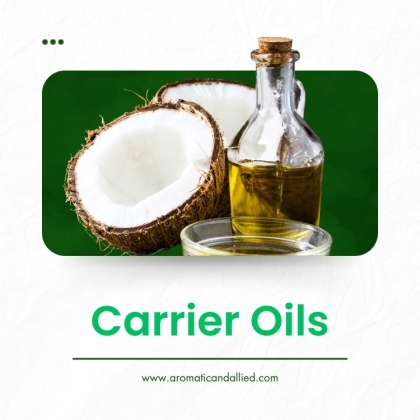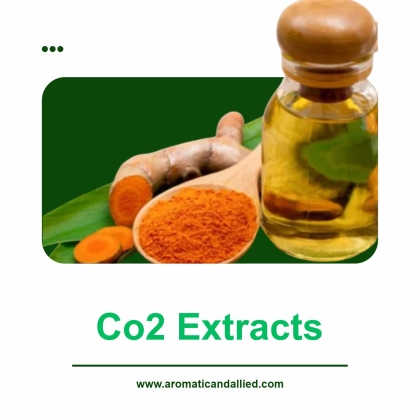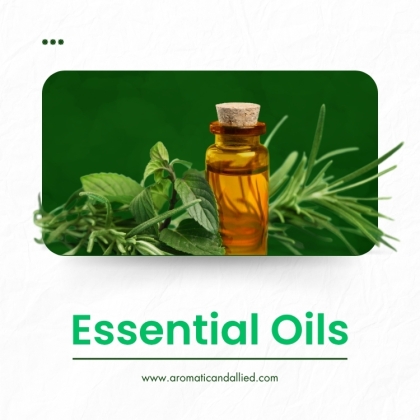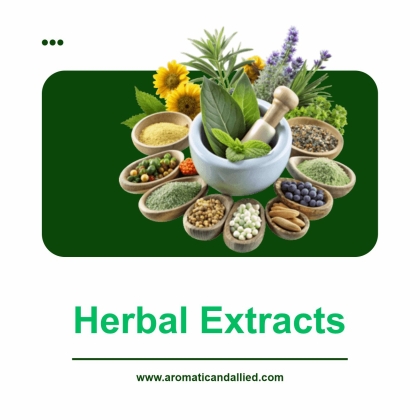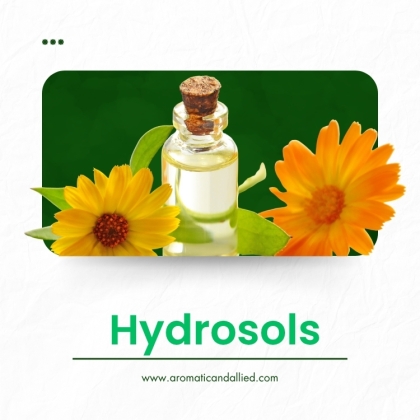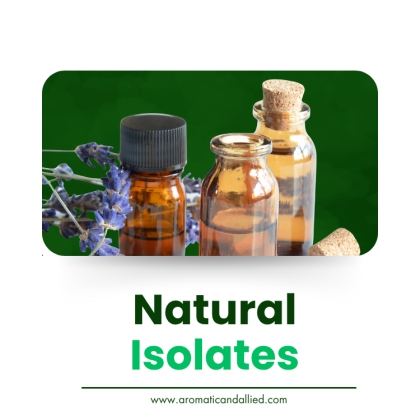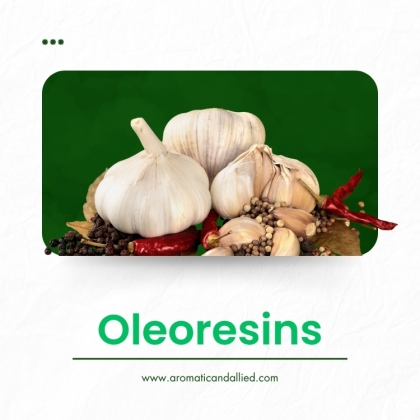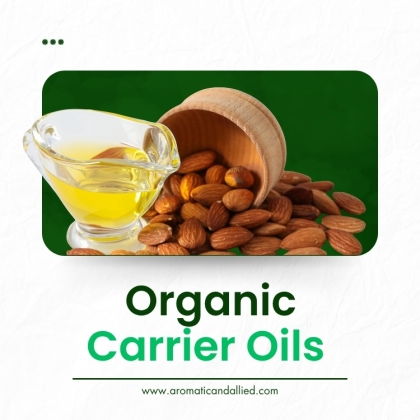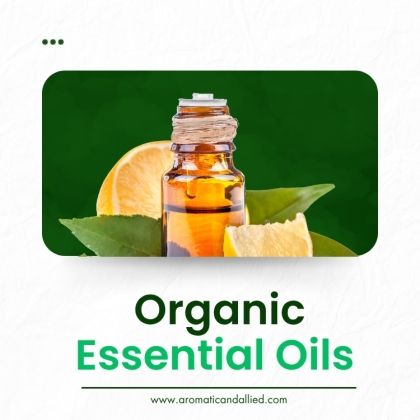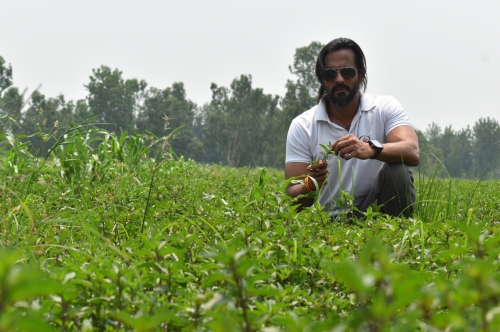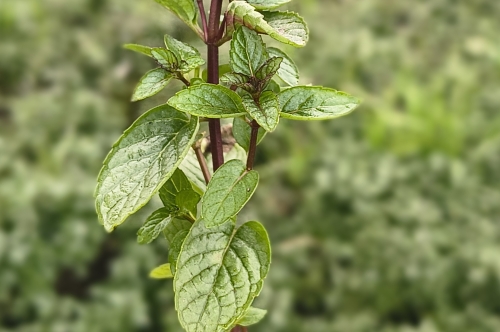Organic Farming: A Boon for Environment & Sustanability

Introduction:
The term “organic" defines the methods used for production and growth of agricultural products. Organic food production adopts a holistic approach and designed for optimizing the diverse community’s productivity within the agro-ecosystem, such as plants, livestock, soil organisms, and people. Production of organic products carried out at large industrial farms. Those are unsustainable. At the same time, the non-certified organic farm can produce the food by using techniques, which will sustain the productivity of the farm for generations. Organic farming is a profitable task. Consumers get appealed from organic food because they consider it as an ethical and healthy choice. Apart from ethics and money, the practices of organic farming result in various benefits related to the environment. According to the Organic Trade Association, if every farmer starts using organic farming practices, it becomes possible to eliminate five hundred million harmful pesticides to enter the environment annually.
Principles of Organic Farming :
- Protecting the environment, decreasing pollution, minimizing soil degradation & erosion, optimizing biological productivity and promoting a good health state
- Maintaining the fertility of the soil for long-term by improving biological activity conditions within the soil
- Recycling resources and materials to the possible extent
- Providing attentive care, which helps in health promotion and meeting the livestock behavioral needs
- Using renewable resources for organized agricultural systems
- Maintaining organic integrity by preparing organic products
Organic Farming Characteristics :
- It uses animal manures, green manures, crop rotations, and cover crops to increase the fertilization of the soil, and maintain the health of soil for long-term.
- It uses crop rotations, biological control, and other methods to deal with insects, weeds, and diseases.
- It has great significance on agricultural system biodiversity as well as the surrounding environment.
- Through mixed forage pastures and rotational grazing, it takes care of animal well being.
- It does not use external or synthetic fertilizers and pesticides like antibiotics and hormones.
- It focuses on using practices such as soil and water conservation, renewable resources, etc. These practices help in restoring, maintaining and enhancing ecological balance.
Organic food Vs locally-grown food :
As organic farming has set some standards for the production of goods. There is no specific standard for locally-grown food. The production of locally-grown food can take place in the specific local community, region, state, or country. Most of the days of the year, you can possibly find food growing in nearby areas of your home, for example, a market of farmer.
Conventional agriculture Vs Organic Farming
As compared to conventional agriculture, organic farming utilizes fewer pesticides. Apart from that, it decreases erosion of soil, reduces the leaching of nitrate into surface water and groundwater. It also incorporates recycling of animal wastes and returns it back to the farm. However, sometimes higher organic food costs and lower production can counterbalance its above-mentioned benefits. In fact, the production of organic food is around 25% lower overall as compared to conventionally grown crops. Although organic crop production may vary considerably because it also depends upon the crop type. The challenges which are essential to overcome in the future by organic agriculture are to maintain the benefits of the environment, increase in production, and decreasing prices. Meantime it must meet the challenges dues to climate change as well as an increase in the population of the world.

